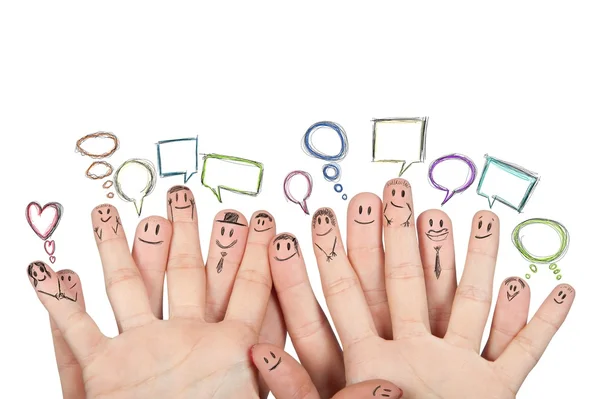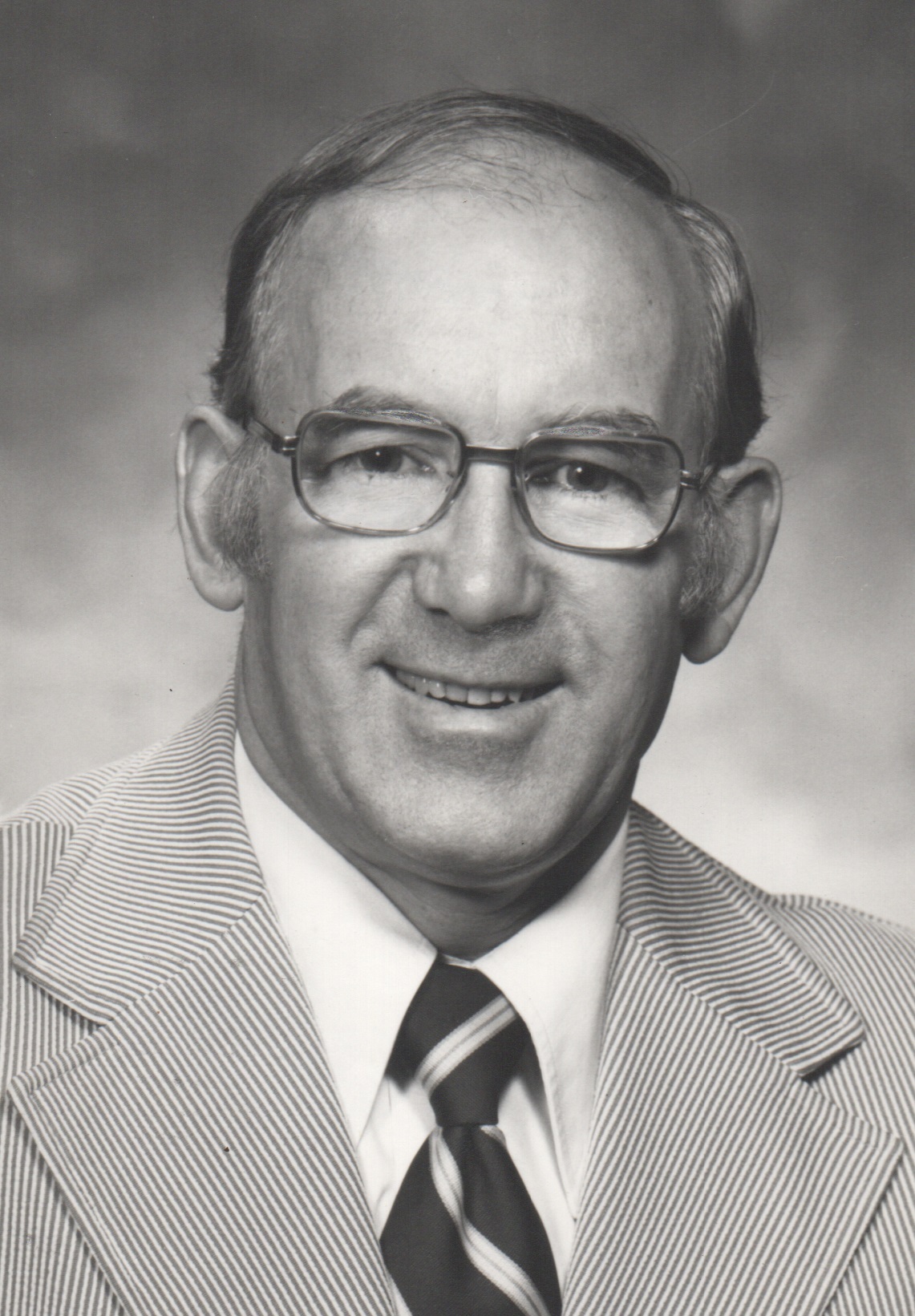The story...
My walks in the woods are important to me. There're few man-made objects to be seen. There're sounds of creatures, the wind, rustling leaves, and your feet crushing leaves and twigs. You can feel the wind in your hair and the bumps in the path pushing through the soles of your shoes and sending signals through your calloused feet. You can smell a few plants and the decaying leaves too. You won't taste much; yet, you'll discern a couple things. Yes, we can sense more while living in the present.
Along my walks, I'm capable of drifting back to an unresolved scenario from my past - often thinking about my role, what I did, and what I might've done. I've learned to decide what's true about the past situation and to "dispatch" the history before it turns into obsessive thinking and depression. Often the thoughts end well with me accepting reality and trusting God for needed resolution.
While walking, I might entertain expectations and plans for future events. This type of thinking can be a worthy, decisive, hiking time investment; yet, they too can turn into unproductive obsessive thinking. It's not hard to begin imagining what might go wrong to the point of imagining my fears into negative, pessimistic expectations for the future. I don't want to view the future pessimistically nor walk into my future unprepared.
It seems good when half of my time, walking down the path of life, is living in and more fully perceiving the present - experiencing my senses, feelings, and more "tuned into" my spirit and the presence of God. Most often this state's not a thinking thing. It's a peaceful and restful place to be, with my mind at rest, sensing what's going on around me, and looking forward to what's up around the path's bend. I also seem to enjoy my encounters with other hikers better too when I am walking peacefully in the present - it's good to be connected within community. When I finish my hike, I feel senses of accomplishment, restfulness, and a better sense of connectedness with my whole self, others and God too - more okay and loved.
What happens when we don't experience love for an extended period of time? Might we fail to engage in life or even to experience emotions? I've heard stories of ignored-orphanage babies who stopped crying - they seem to've realized that there was nobody there to comfort them - to be loved. The only church in town's a place to learn about what God's revealed about Himself, us, and realistic expectations for the future. The church is a place for experiencing the love of God and real reasons for being okay with yourself. I want to be present in a place with loving relationships - living within the grace of God - how about you?
Just for today...
"What would happen if we stopped blaming anyone for anything? We would experience miracles of tolerance and grace - rich spiritual rewards, reflected in a life of real fulfillment." One Day at a Time (p. 268)
"...I suffered from the disease in the form of emotional sickness and spiritual starvation . . . When I could not do another thing for myself . . . God wrapped me in protective care and began to teach me that I am worthy of joy and serenity . . . God's grace is doing for us what we cannot do for ourselves." Hope for Today (p. 268)





.jpg)











.jpg/220px-The_Blue_Marble_(remastered).jpg)






